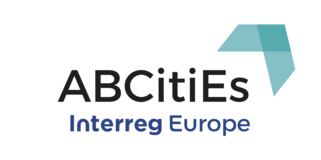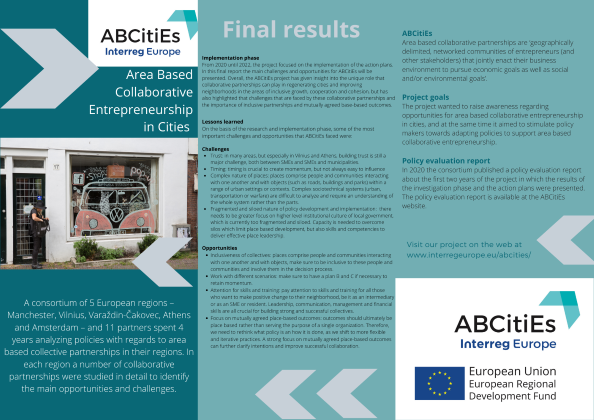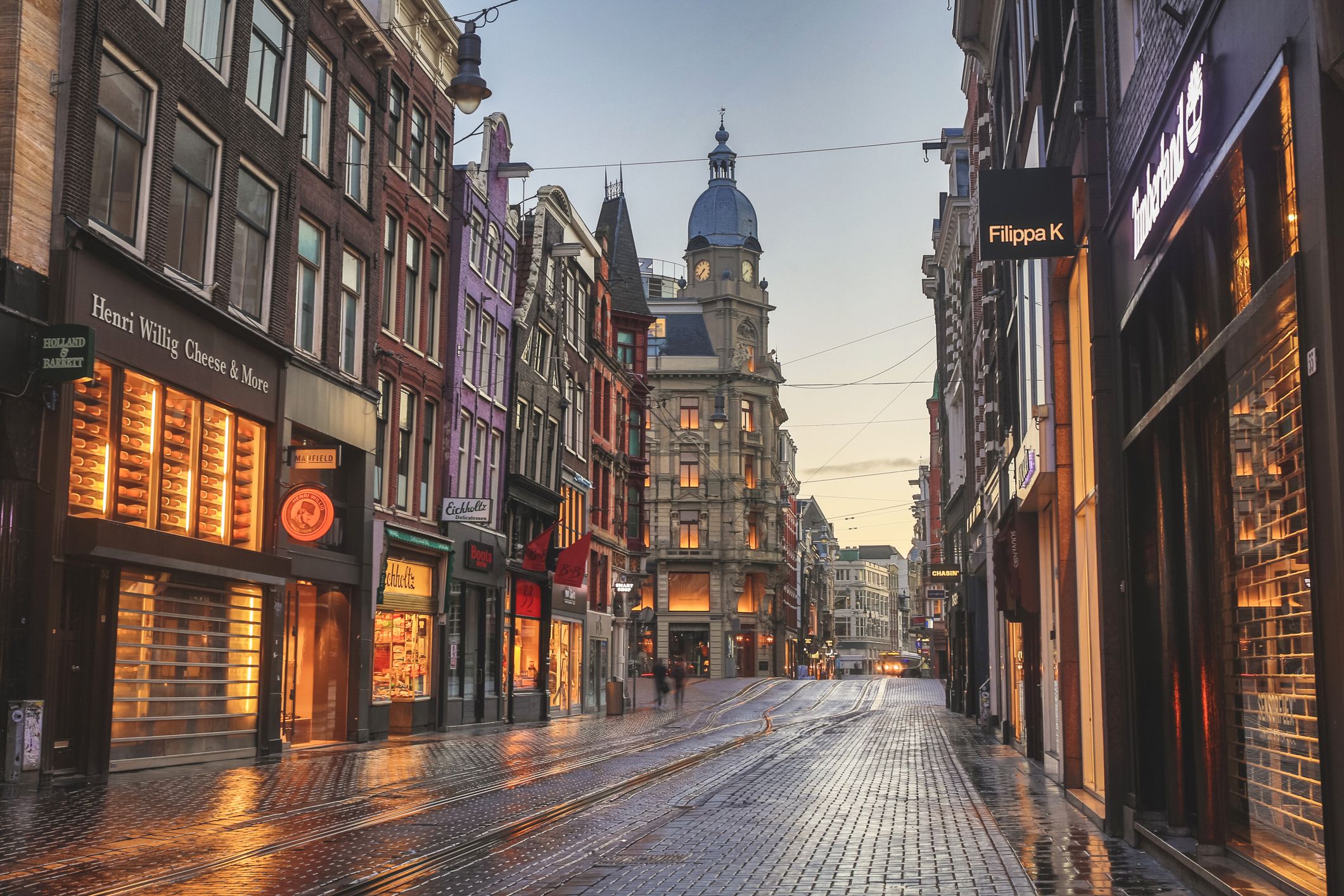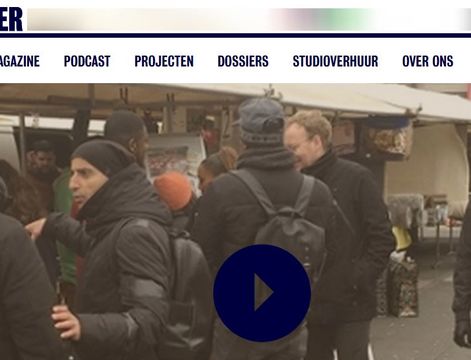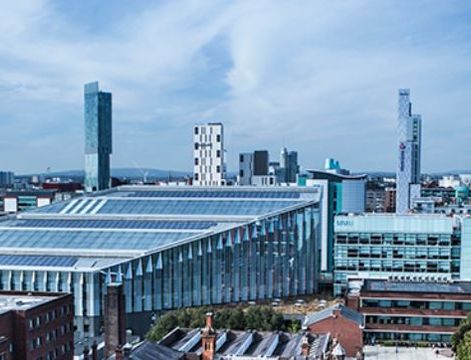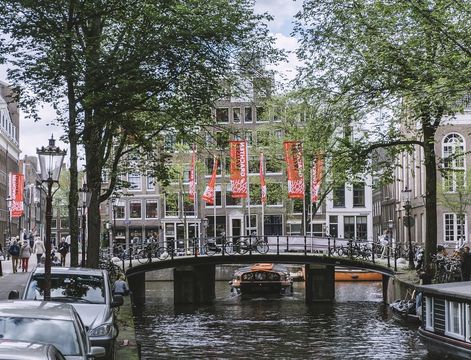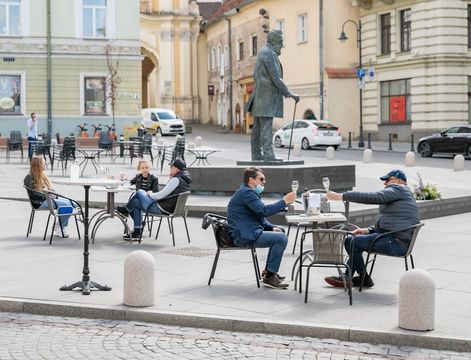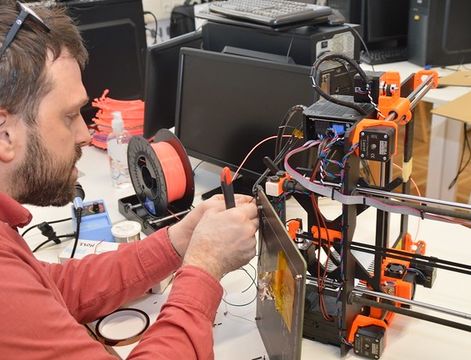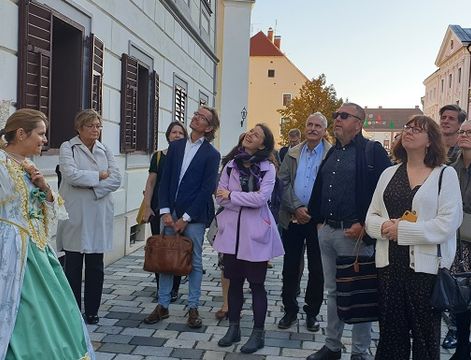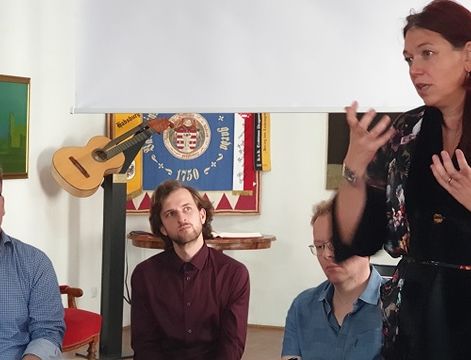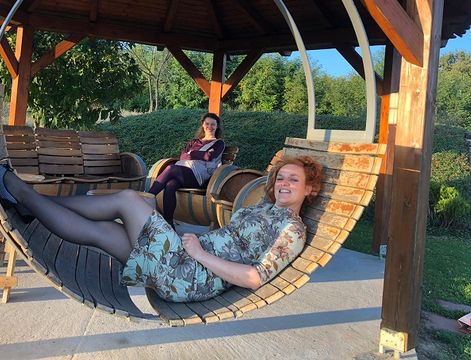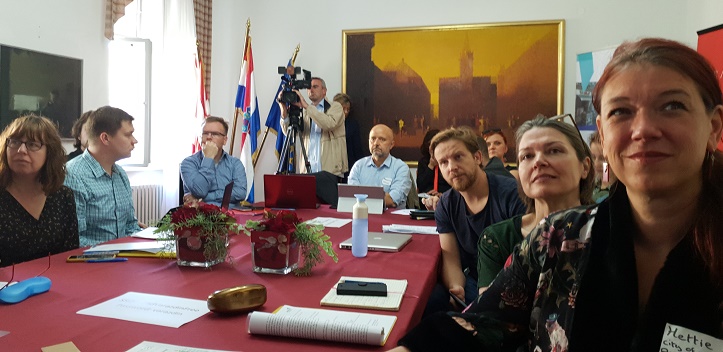On Monday 14 October 2019, the ABCitiEs Interregional Meeting Varaždin – Čakovec started off with three panel sessions on the state-of-plays and case studies in the five partner regions, as well as some first suggestions for interregional actions.
Session I: State-of-plays
Session 1 focused on the state-of-plays of the five regions, i.e. Manchester, Varaždin – Čakovec, Vilnius, Athens and Amsterdam. With regards to rules and regulations on entrepreneurship collectives, the differences between the regions are considerable. In regions like Varaždin – Čakovec, Vilnius and Athens, collective entrepreneurship is relatively new and not much is organized yet on a policy level. Entrepreneurship collaborations differ per region.
In Vilnius, for example, Užupis case shows that a community with a strong territorial identity can facilitate different forms of co-operation, and entrepreneurial co-operation. In Amsterdam many collectives are organized in Business Investment Zones, a geographically demarcated area in a municipality, such as a shopping street or a business park in which entrepreneurs and/or property owners jointly invest in the quality of their business environment. Currently, the city is also experimenting with special budgets for neighborhood collectives. Manchester, on the other hand, has experienced major cut backs, due to which collectives, which exist in multi form and of which only obe is a Business Improvement District, receive very little direct funding by local institutions (nor by the private sector for that matter).

An important outcome from a previous interregional meeting in Athens was that funding is important for the formalization of collectives, and partnerships with municipalities are important for shared ambitions like safety, social cohesion and livability, etc. Unfortunately, in all regions access to funding appears to be a problem.
Amsterdam and Manchester, funding is available, but difficult to access either because it is fragmented or not well sign posted which makes it difficult for collectives (time and effort) to apply for it. Manchester City Council, therefore, has provided limited funds to assist in bidding for grants. Vilnius and Varaždin – Čakovec mainly use European funding for such initiatives, which also require much time and effort to apply for and monitor. In Athens, the liquidity problem is so large, that they do not even have funding to apply for funding. The Municipality has tried to help collectives and hubs through the provision of space for free for a certain period of time. Thus, action is needed to improve access to funding in the different regions.

Session II: Case Studies
In session 2 the most important findings of the case studies were discussed. Although all collectives are different in size, structure and management, some generalizations can be made. For example, for all partners finding the right type of stakeholders with shared ambitions and sense of ownership is very important for the sustainability of collectives. Due to gentrification, some partners are only in there to make money, in particular real estate developers. Thus, some stakeholders benefit more from the development of common pool resources, and should therefore be stimulated to invest more in communal spaces. Trust is also a big issue. In Varaždin – Čakovec and Athens, lack of trust also has a strong cultural foundation, due to long histories of bad cooperation and mistrust towards authorities. In such regions, the need for a strong vision and trustworthy leadership are even more important, as well as the ability to find obstacles in an early stage and share successes.
Session III: Actions
Session 3 reflected on the possible actions that could be taken. Although all regions are in different stages of (self-)organization, with Amsterdam as front runner, some form of collective entrepreneurship is present in all regions with positive benefits for entrepreneurs, residents, municipalities and other stakeholders. So, whereas in Amsterdam experimentation budgets for collectives are high on the agenda of both the municipality as the collectives, for the other regions getting the municipalities involved is the most important challenge. For example, by following the lead of Amsterdam to appoint special project managers from the municipality to support collectives in a given region. Also, creating a ‘one-stop-shop’ or special ‘desk that deals with collectives within municipalities would save much time and effort’ for collectives, and can at the same time ensure scale up of initiatives, and serve as a learning environment for new experiments. Building trust is also considered an important action, but is more difficult to address as it is very context specific.
